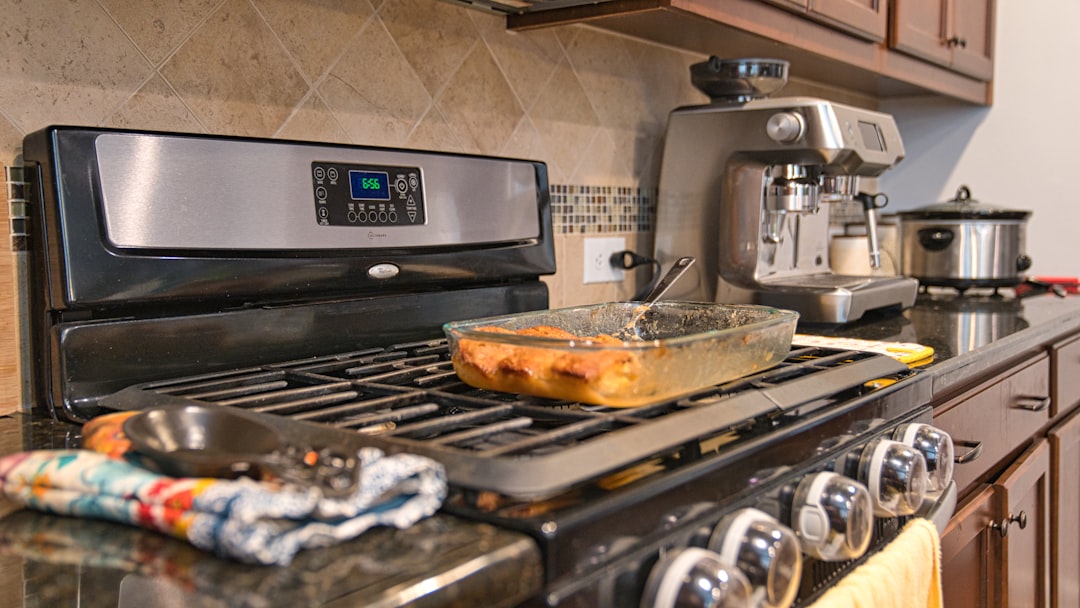
For construction professionals, accurately estimating the cost of installing a gas stove is crucial. The typical cost ranges from $800 – $3,550, depending on various factors such as gas line extensions, venting requirements, and local permits. This guide provides a detailed breakdown of these costs, helping you avoid overestimation and ensuring precise budgeting.
A mid-range gas stove typically costs between $400 – $2,400 and $700 – $2,300, while high-end models can exceed $2,800. Selecting the right model is essential for accurate budgeting.
Ensure proper sizing to avoid unnecessary costs.
Adding or relocating a 120V outlet costs $150 – $400. Ventilation upgrades range from $350 – $2,800. Proper planning can prevent costly modifications.
Permit fees vary by location, typically ranging from $100 – $300. Understanding local requirements is key to accurate estimates.
Utilize tools like dynamic material catalogs and task-based labor engines to ensure your estimates reflect current market conditions. This approach helps maintain profitability and client satisfaction.
In areas like San Diego, factors such as seismic requirements and low-emission standards can affect costs. Adjust your estimates accordingly to account for these regional differences.
Using advanced estimation tools ensures speed, accuracy, and professionalism, allowing you to focus on delivering quality construction services.

The Ramirez family needed a precise estimate for their kitchen upgrade. By partnering with a contractor using advanced estimation tools, they achieved budget accuracy and timeline control.
Final cost was $2,800, with high client satisfaction and efficient project management.
For precise and efficient project management, consider using advanced estimation tools. Visit CountBricks for more information and success stories.